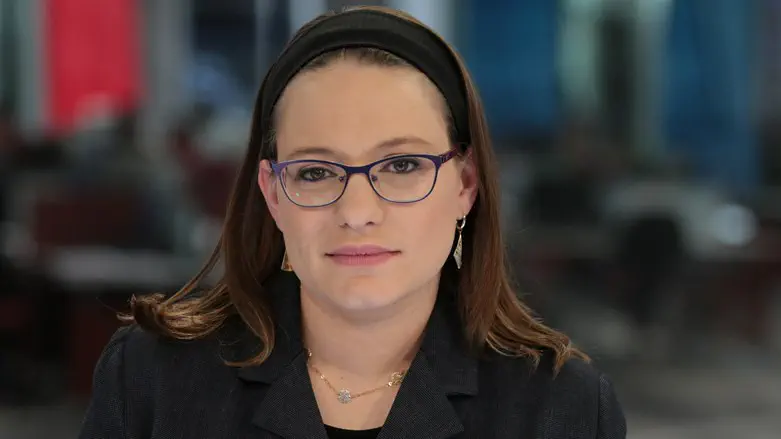
* Translation by Yehoshua Siskin (http://yehoshuasiskin.blogspot.com)
The month of Adar I begins this evening and "when Adar enters, joy increases." (Ta'anit 29a) Yesterday night, Rabbi Yoni Lavi spoke at a Mithadshot workshop as follows:
"Children argue with each other but then make up right away, yet grown-ups can perpetuate arguments for years. What's the reason for this? For a child, it's important to be joyful, while for a grown-up it's important to be right. A child desires to be joyful and understands that arguing makes this impossible. So he puts arguments aside. A grown-up wants to be right, and so he can perpetuate arguments until the grave.
"In the month of Adar, we have an opportunity to connect with simple joy, to rejoice in just being alive. There are people whom you ask: 'How's life?' and they answer: 'plugging along . . . surviving . . .' I once met an old woman who, when asked 'How's life?' would answer, 'I recommend it!' And she was completely sincere, full of vitality and joy.
"In children's education, there is plenty of room for modeling joy. The way to attach children to our values and to our beliefs is by asking this question of ourselves: How do we look when we do this or that? Do we show our kids that we are having fun on Shabbat, and in our preparations for Shabbat? How do we experience the holidays, from lighting Hanukkah candles to cleaning for Pesach? Do we demonstrate enthusiasm and a sense of adventure? I want children not to want to leave the Friday night dinner table because they're having so much fun, because of the laughter and joy all around them, because whoever is not there is missing out."
Have a good and joyful month.
And remember the message in this story:
We were privileged to spend Shabbat with graduates of "Avner", the pre-military school in Akko. We took an enjoyable tour around the walls of the city and heard about Akko's glorious history that included numerous wars and conquests, as well as visits from the Ramchal (Rabbi Moshe Chaim Luzzatto), the Or HaChayim (Rabbi Chaim Ben Attar), Rabbi Nachman of Breslav and many, many other renowned figures.
We saw the prison in which members of the Jewish underground were incarcerated by the British before they were hung. We heard about the complex reality today in wake of the riots that took place last May, and we learned of the city's encouraging young people, couples, and families to come there to live. We visited the city's large Sephardic synagogue that once was full but today struggles for a minyan. On Motzei Shabbat, Yedidya and I delivered a lecture in Akko's beautiful new cultural center.
In the course of Shabbat, Rabbi Achikam Getz, head of the Avner School, spoke with the graduates about the special connection between parashat Yitro, that includes the Ten Commandments, and parashat Mishpatim, that enumerates 53 mitzvot on a wide variety of subjects:
"Everyone has values," he stated. "The Ten Commandments are values. The question is whether or not you actually live by these values and, therefore, immediately after Mount Sinai we received detailed instructions for daily living. The Ten Commandments were not meant to stay up in heaven but rather to be brought down to earth where they would find expression in little everyday acts.
Ultimately, this is the essential test in the life of every human being: It's not about my beliefs. Beliefs are not enough. It's about the extent that I live by those beliefs every day of my life.
I hope this principle will accompany you throughout your lives, in every mission that you undertake:
A Jew cannot be an extra, but must take the leading role in acting out the values in which he believes".